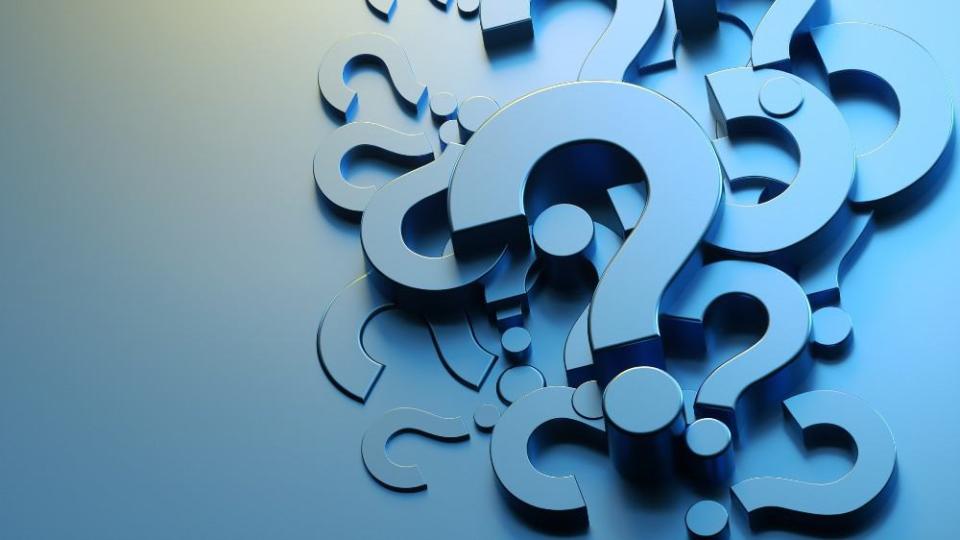Justin Trudeau Won’t Raise CRA Taxes: Should Investors Rejoice?

The Canadian budget deficit is estimated to balloon to over $343 billion in 2020, as the government bails out citizens during a COVID-19 pandemic-induced economic crisis. There was high speculation that the federal and provincial governments could seek to raise taxes to help fund unprecedented spending deficits. However, while appearing alongside the newly installed finance minister Chrystia Freeland on Tuesday, Prime Minister Justin Trudeau had soothing words for worried taxpayers.
When asked if taxes would be increased to fund increased spending in pandemic relief programs, Mr. Trudeau said: “No. The last thing Canadians need is to see a rise in taxes right now,” while adding that “millions of Canadians are out of work and looking for work; the economy is still nowhere near where we need it to be.”
Tax rates don’t usually increase during recessions
Governments traditionally don’t raise taxes during economic recessions. Higher taxes are a drag to economic growth. They reduce disposable incomes for consumers. Given the deep economic crisis the country faces during the COVID-19 pandemic, the government has to increase spending, but cant easily increase taxes.
Widening budget deficits are actually necessary during recessions. The Trudeau government has to use all possible expansionary economic policy tools, including even money printing, to bail out the economy. Later, as the economy stabilizes and starts growing, the administration can look into reducing its spending deficit. Deficits can be reduced either through spending cuts or by raising taxes, or both, depending on political preferences.
It therefore follows that widening budget deficits and increasing taxes aren’t a usual combination during any one economic period. It’s either one or the other, but not usually both.
The truth is, deficits are easier to fund during economic boom periods. But not when the economy needs everyone’s hands on the deck to save it from collapsing. So, Mr. Trudeau’s administration may not raise taxes while trying to flog an economy out of a pandemic-induced recession.
Should Canadians feel relieved by Trudeau’s statement on taxes?
Reading into Justin Trudeau’s statement, one can get a deep meaning in his choice of words “…rise in taxes right now.” Yes, right now isn’t the best time to increase taxes. The economy is in very bad shape. How about later when the economy gets to where “we need it to be?”
The Canadian economy still requires nursing through the pandemic. Until it finds its feet again, the government won’t want to scare citizens with the talk about higher imminent taxes.
However, we all want the economy to boom again. That’s where we want it to be. That’s when we are likely to hear the government talk about increasing taxes. But this could be in just a few years from now!
Canada has been raising taxes almost every year!
Reading through a recent Frazer Institute publication of July 7 this year gives the impression of a government that isn’t hesitant to raise taxes for wealthy Canadians. The government increased personal tax rates for high-income earners almost every year since 2009!
The only exceptions were in the years 2011 and 2019.
The publication highlights that out of 61 Canadian and U.S. tax jurisdictions, Nova Scotia currently has the highest combined top statutory marginal tax rate of 54%, followed by Ontario and Quebec at 53.33% and 53.31%, respectively.
Perhaps this government is done with personal tax increases. They discourage new investment and hard work, “ultimately hindering economic growth and prosperity.” Perhaps there isn’t much room to tax the heavily taxed rich citizen anymore.
However, there could still be some room for upward adjustments in the lower income tax brackets once the economy finds its footing and gets to “where we want it to be.”
Beware: taxes could be raised marginally for the middle class when the economy bounces back.
Foolish bottom line
I wouldn’t rely on Justin Trudeau’s latest assurances. His statement seems time-bound to this recession. What happens when employment figures come back up and the economy grows to where the government “wants it to be?” Your guess is as good as mine.
If you expect taxes to increase during your active investing life, take this time to prepare for a tax hike. Consider maxing out your Tax-Free Savings Account (TFSA) every year.
The post Justin Trudeau Won’t Raise CRA Taxes: Should Investors Rejoice? appeared first on The Motley Fool Canada.
More reading
Fool contributor Brian Paradza has no position in any of the stocks mentioned.
The Motley Fool’s purpose is to help the world invest, better. Click here now for your free subscription to Take Stock, The Motley Fool Canada’s free investing newsletter. Packed with stock ideas and investing advice, it is essential reading for anyone looking to build and grow their wealth in the years ahead. Motley Fool Canada 2020

 Yahoo Finance
Yahoo Finance 